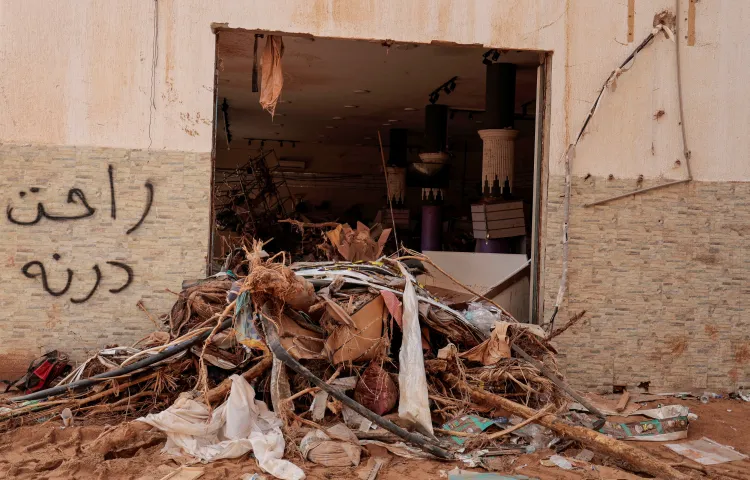
CPJ Safety Advisory: Covering Libya’s floods
Days after September floods killed thousands in the coastal Libyan city of Derna, protesters took to the streets to blame local authorities for failing to maintain the local dams. On September 19, Libya’s eastern administration ordered local and foreign journalists to leave the city of Derna by noon that day on the grounds that the…
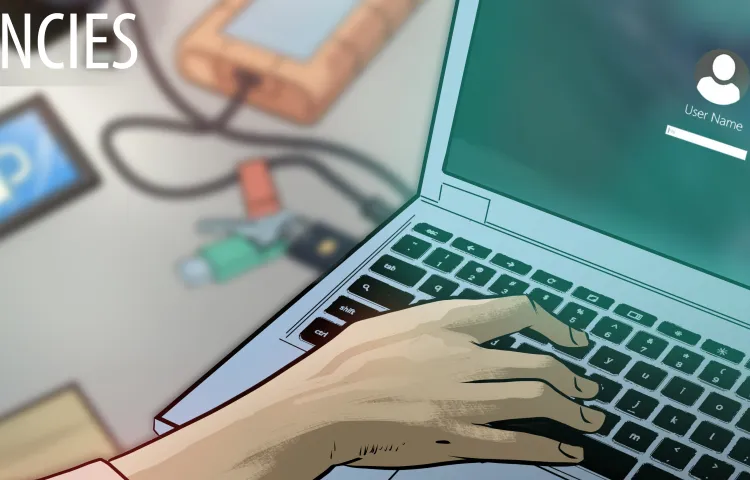
Digital security: Risk assessment template
This two-part digital risk assessment form is designed to help journalists think about how to mitigate digital risk in both their everyday life and when covering a particular story. The following templates are designed to accompany CPJ’s Digital Safety Kit, which has practical steps that journalists can follow in order to help them complete the…

Digital security checklist for journalists in exile
Use the following checklist to help better protect yourself, your family, and your sources. This checklist is designed to accompany the digital safety guide for journalists in exile. If you need assistance, journalists should contact CPJ via [email protected].
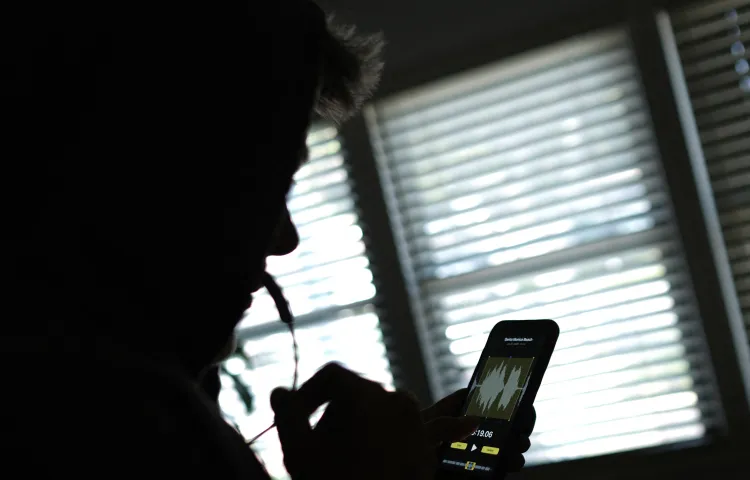
Digital safety: Guidance for journalists in exile
Journalists in exile face a range of digital security challenges unique to their individual circumstances. These include hacking attempts on their accounts, online harassment, and attacks on their websites or blogs. This guide provides journalists with practical steps they can take to better ensure their safety. General guidance Keeping accounts safe from hacking attempts Journalists…
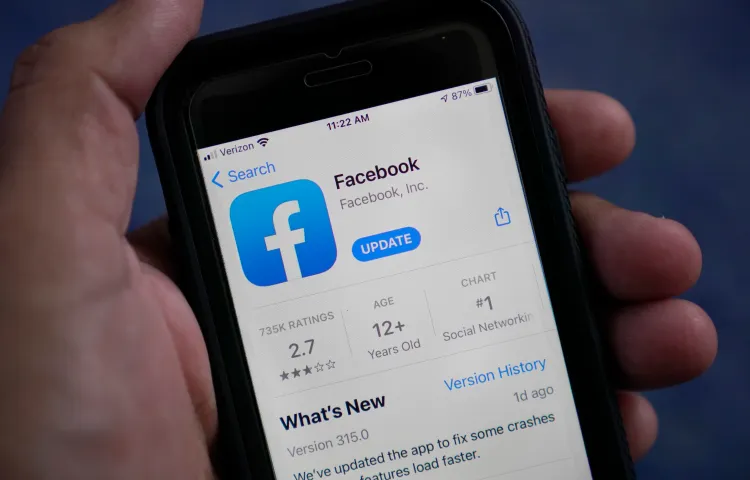
Digital safety: Using online platforms safely as a journalist
Journalists use a wide range of online platforms to distribute their work and communicate with sources and audiences. Platforms that allow interaction with others, like social media, wikis that allow collaborative editing, or content hosting services like WordPress and Substack, can all present security issues for you and others in your networks. There are, however,…
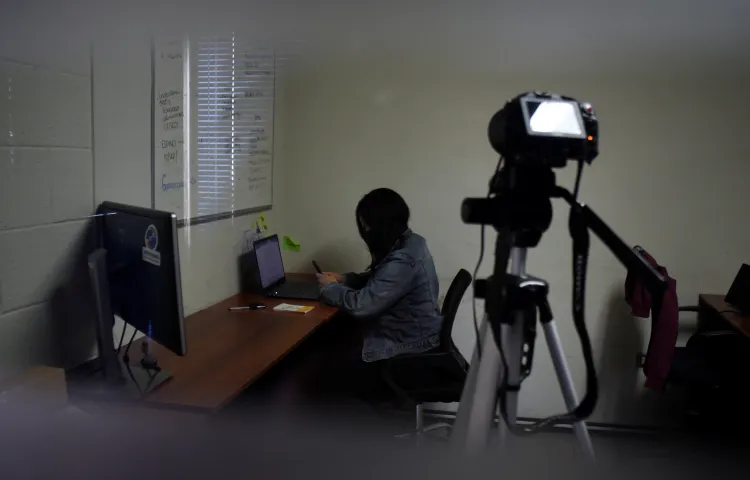
Digital safety: Adversarial or confrontational sources
Reporting can involve researching and contacting people who pose a threat to you or the media outlet you work for. Using personal devices and accounts to do so could expose you to harassment and identity theft, since using your phone or the internet can reveal information about you and your location such as your email…

Digital Safety: Protecting against online smear campaigns
Updated March 20, 2023 Media outlets and journalists are increasingly targeted by sophisticated smear campaigns designed to harm their credibility. Groups coordinate to spread false online content about them or their work, often targeting their social media accounts. Some such groups have undisclosed government backing. Posts often seek to undermine news reports and convince readers…

Editors’ checklist: Protecting staff and freelancers against online abuse
Updated March 20, 2023 The following checklist allows editors and commissioners to understand how well-prepared journalists are when it comes to protecting themselves against online abuse. For additional safety information, please see CPJ’s safety guidance on protecting against online harassment, removing your personal data from the internet, and protecting against targeted online attacks. Editors and…
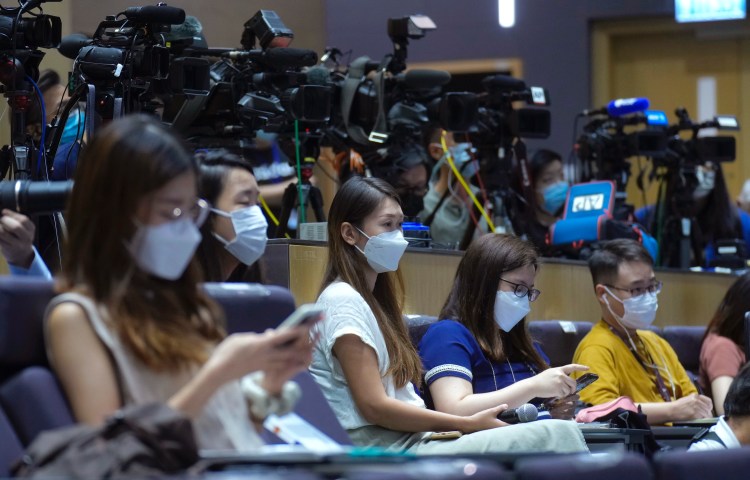
Digital and Physical Safety: Reporting during the COVID-19 pandemic in 2022
Throughout the pandemic journalists have played a crucial role informing the public about the risks of COVID-19. The global situation continues to evolve, and many countries are increasing or relaxing travel restrictions and safety measures as coronavirus variants of concern are identified, and as the COVID-19 vaccination program gathers pace. Basic COVID-19 mitigation Consider getting…
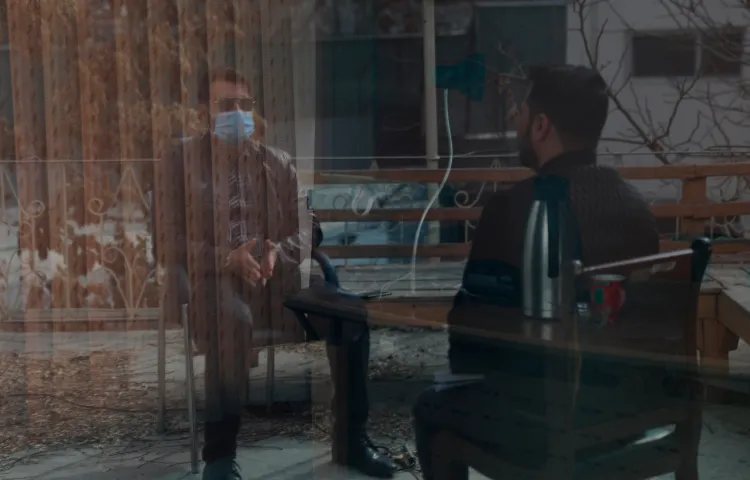
Digital and Physical Safety: Protecting Confidential Sources
Protecting confidential sources is a cornerstone of ethical reporting. When journalists have agreed to protect someone’s identity, they should make every effort to do so, especially in circumstances where a source could be arrested or harmed. Maintaining confidentiality has become more challenging due to increasing levels of digital surveillance and monitoring by authorities and the…